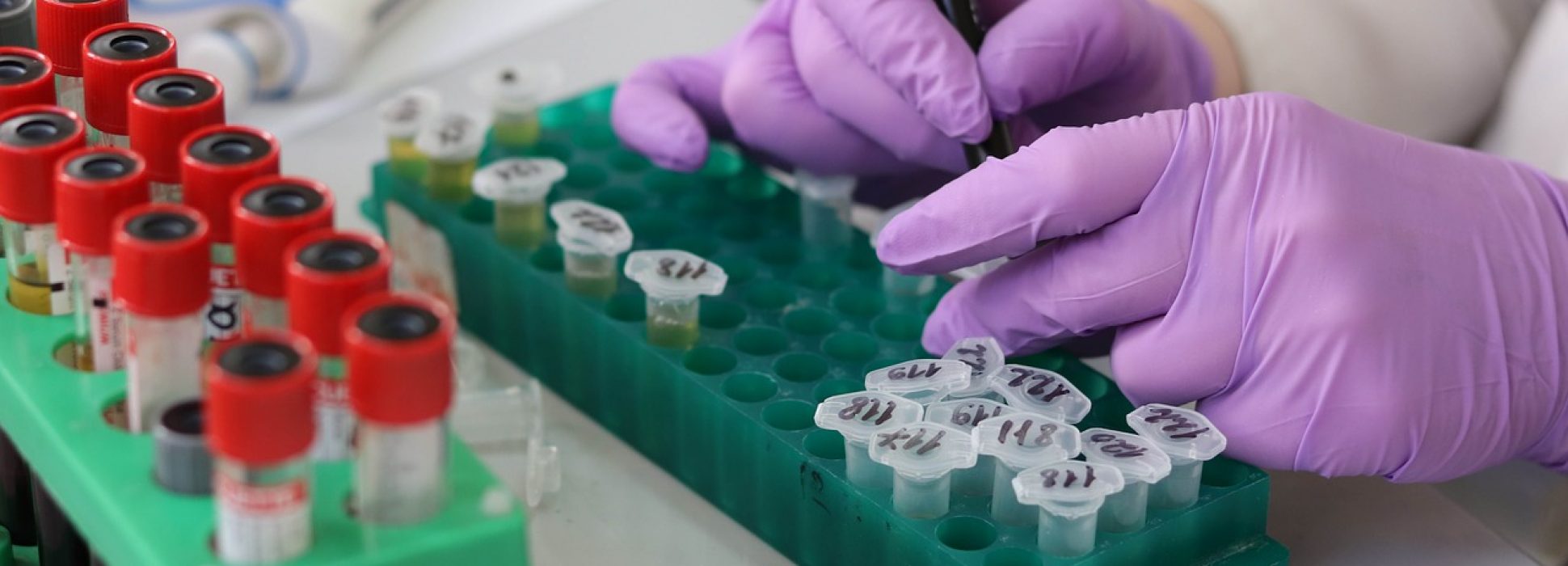Food Intolerance Test | Thyroid hormones

Food Intolerance Test (IgG/IgG4 PRE-SCREENING)
Food intolerances or in other words not being able to tolerate certain foods. Food intolerances are common and can develop at any age. Unfortunately, they are by no means always detected. This is because the complaints do not always indicate a nutritional problem.
With this test we can get diagnostic certainty.
Benefits:
• Fully differentiated diagnostic concept covering all currently known pathological mechanisms of a food allergy / intolerance.
• Differentiation between IgG and IgG4 mediated food intolerances
• A relatively inexpensive step-by-step diagnosis with a variable number of allergens investigated.
Thyroid hormones
Thyroid complaints test
Diagnosis is done by determining the active thyroid hormone T3 and / or its pre-phase (T4), and of the regulatory pituitary hormone (TSH: thyroid stimulating hormone) and the reverse T3 (rT3).
Hypothyroidism (underactive thyroid) – a condition where there is a lack of thyroid hormone in the blood.
Possible symptoms:
- Fatigue
- Coldness
- Goiter
- Dry, cold, pale yellow skin
- Slowness in thinking and acting
- Eyebrow loss
- Hair loss and brittle hair
- Slow speech
- Amnesia
- Weight gain
- Myxedema (e.g. of the face, swollen eyelids and ankles)
- Blockage
- Concentration disorders
- Shortness of breath (shallow breathing), breathlessness o
- Hoarse, creaky voice
- Muscle weakness
- Depression
- Fluid retention in limbs
- Deafness
- Stiff, painful muscles and joints, especially in the arms, legs, hips and hands
- Heavy periods
- Nipple discharge
- Less sex drive (loss of libido)
- Fertility disorders
- Heart complaints (arrhythmias)
- Eye complaints (exophthalmos in approximately 3% of the Hashimoto patients)
Hyperthyroidism (fast thyroid gland) - a condition where there is an excess of thyroid hormone in the blood.
The thyroid hormones regulate the intensity of the metabolism. With an excess of thyroid hormones, the metabolism will be stimulated, which is reflected in the following complaints:
- Heat intolerance (feeling hot very quickly)
- Weight loss (despite normal food intake)
- Excessive sweating
- Feeling rushed
- Tachycardia (fast heart rate of sometimes more than 100 beats per minute)
- Tremor (shaking usually of the fingers, hands)
- Diarrhea
- Irregular menstrual cycle
- Cardiac arrhythmias - very rarely
- Fatigue
- Muscle weakness
- Nausea and vomiting - rarely
- Eye complaints (squint, change in visual acuity)
Thyroid complaints test
Food intolerance test


